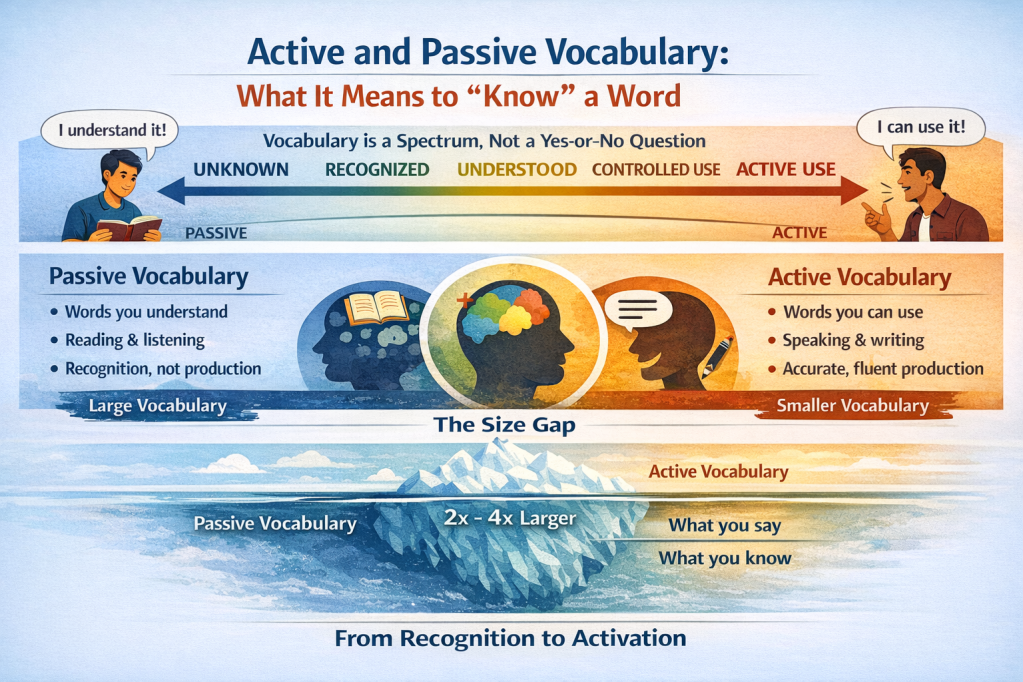Importance of Hydration
Hydration is crucial for maintaining optimal cognitive function. The human brain is composed of approximately 75% water, making it highly sensitive to changes in hydration status. Adequate hydration helps ensure that the brain receives enough oxygen and nutrients, which are essential for neural activity and overall brain health. In fact, water plays a vital role in maintaining the homeostasis of neural tissue, supporting synaptic plasticity, and facilitating the removal of metabolic waste products from the brain.
Effects of Dehydration on Cognitive Function
Even mild dehydration, defined as a 1-2% loss of body water, can lead to significant impairments in cognitive performance. Studies have shown that dehydration can affect various aspects of cognitive function, including:
- Attention: Dehydration can decrease the ability to maintain focus and concentrate on tasks. This is particularly important for activities that require sustained attention, such as studying or engaging in detailed work. Research by Benton and Burgess (2009) found that mild dehydration impaired attention and working memory in young adults.
- Memory: Short-term memory and recall abilities can be compromised by dehydration. This is crucial for tasks that require memorization and recall of information, such as learning new vocabulary in a language. A study by Edmonds and Burford (2009) demonstrated that children who drank additional water during cognitive tasks performed better in memory tests.
- Critical Thinking: Problem-solving abilities and critical thinking skills are also affected by dehydration. This can hinder one’s ability to understand complex concepts and make decisions. Research indicates that even a 1% decrease in hydration can lead to a 5% decrease in cognitive performance (Armstrong et al., 2012).
- Mood and Fatigue: Dehydration can lead to increased feelings of fatigue and a negative mood, which can further impair cognitive function and motivation. Ganio et al. (2011) found that dehydration negatively impacted mood, increased fatigue, and heightened perceptions of task difficulty.
Mechanisms of Hydration’s Impact on the Brain
Hydration impacts cognitive performance through several mechanisms:
- Neurotransmitter Function: Water is essential for the production and function of neurotransmitters, which are chemicals that transmit signals in the brain. Dehydration can disrupt this process, leading to cognitive impairments. Adequate hydration supports the synthesis and release of neurotransmitters like serotonin and dopamine, which are crucial for mood regulation and cognitive processes.
- Cerebral Blood Flow: Adequate hydration helps maintain proper blood flow to the brain, ensuring that it receives sufficient oxygen and nutrients. Dehydration can reduce cerebral blood flow, impairing brain function. Studies using MRI have shown that dehydration can decrease blood volume, reducing the delivery of oxygen and glucose to the brain (Kempton et al., 2011).
- Electrolyte Balance: Water helps maintain the balance of electrolytes, such as sodium and potassium, which are critical for nerve function and communication between neurons. Electrolytes are involved in the generation and transmission of electrical impulses in the nervous system.
Hydration Recommendations for Optimal Cognitive Function
To maintain optimal cognitive performance, it is important to stay adequately hydrated. General recommendations include:
- Daily Water Intake: The amount of water needed can vary based on factors such as age, sex, body weight, and activity level. A common recommendation is to drink at least 8 glasses (64 ounces) of water per day, but individual needs may vary. The National Academies of Sciences, Engineering, and Medicine recommends a daily water intake of about 3.7 liters (125 ounces) for men and 2.7 liters (91 ounces) for women, including fluids from food and other beverages.
- Monitoring Hydration Status: Pay attention to signs of dehydration, such as dark yellow urine, dry mouth, and headaches. Clear or light yellow urine is a good indicator of adequate hydration. Hydration status can also be monitored through body weight changes and bioelectrical impedance analysis.
- Hydration During Cognitive Tasks: Ensure proper hydration before and during activities that require high levels of cognitive function, such as studying, taking exams, or working on complex tasks. For instance, students should be encouraged to drink water before and during exams to enhance performance.
- Balanced Diet: Consume foods with high water content, such as fruits and vegetables, to help meet hydration needs. Foods like watermelon, cucumber, and oranges are excellent sources of hydration.
Practical Tips for Staying Hydrated
- Carry a Water Bottle: Keep a water bottle with you throughout the day to encourage regular drinking.
- Set Reminders: Use alarms or apps to remind you to drink water at regular intervals.
- Flavor Your Water: Add natural flavors, such as lemon or cucumber slices, to make water more appealing.
- Monitor Caffeine and Alcohol Intake: Both caffeine and alcohol can have diuretic effects, increasing the risk of dehydration. Balance their consumption with adequate water intake.
Closing Remarks
Adequate hydration is essential for maintaining cognitive performance, particularly in activities that require attention, memory, and critical thinking. By understanding the importance of hydration and adopting strategies to stay properly hydrated, individuals can support their cognitive function and overall brain health. Integrating hydration practices into daily routines, especially in academic and professional settings, can lead to significant improvements in cognitive efficiency and well-being.
Stay hydrated, stay sharp—your brain will thank you with improved focus, enhanced memory, and better overall cognitive function!
If you’ve read everything, please consider leaving a like, sharing, commenting, or all three!
YOU WILL ALSO LIKE:








Leave a comment